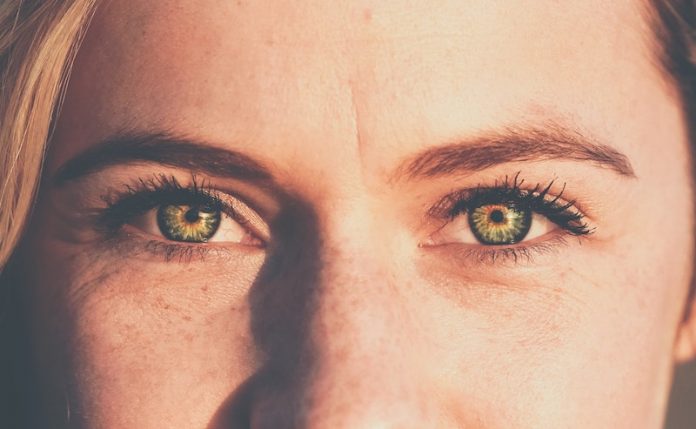
Midlife women are known to have the highest prevalence of depression compared with all other age groups, and women have higher depression rates than men.
In a new study from the University of Michigan, researchers found that midlife vision impairment is associated with increased odds of future depressive symptoms for midlife women.
Previous research found that poor vision or vision impairment is associated with a higher risk of depression in older persons.
But many vision-threatening ocular conditions emerge before older age, as evidenced by the tripling of vision impairment prevalence through the midlife years.
These conditions include common and correctable ones such as refractive errors and cataracts and other more serious, chronic eye diseases such as glaucoma, diabetic retinopathy, hypertensive retinopathy, and macular degeneration.
In the study, the team used data from the Study of Women’s Health Across the Nation (SWAN).
They sought to assess the longitudinal association between vision impairment and depressive symptoms in midlife women.
Based on the results, the researchers concluded that there is a strong long-term association of mild and moderate to severe vision impairment, with subsequent depressive symptoms, in midlife women.
The researchers additionally noted that midlife depression has far-reaching consequences not only in terms of concurrent poor health outcomes but also as a deterrent to a healthy aging process.
They suggest that early identification and timely correction of vision problems is an important step in preserving mental and physical health in midlife women.
Given that the combination of visual impairment and depression has a particularly devastating effect on physical and mental health, correcting vision problems early is important for future quality of life.
If you care about depression, please read studies about this stuff in gut linked to depression, bipolar disorder and findings of how ketamine prevents depression.
For more information about depression and your health, please see recent studies about why people with depression cannot fight chronic stress and results showing that this sound wave therapy may help treat depression, anxiety.
The study is published in Menopause. One author of the study is Carrie A. Karvonen-Gutierrez.
Copyright © 2021 Knowridge Science Report. All rights reserved.



